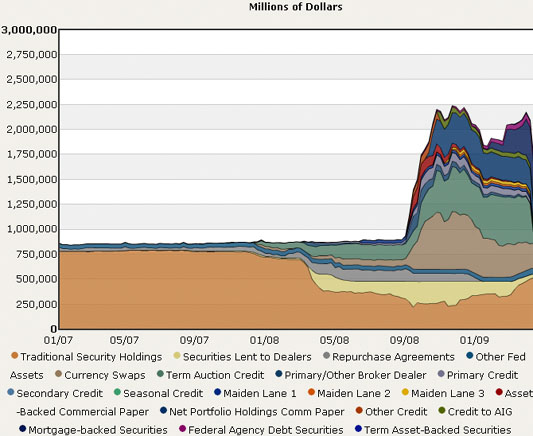lawman
Thinks s/he gets paid by the post
I'm told that back around 1934 with the stroke of the pen FDR devalued the dollar against gold overnight..I don't understand how this can happen. Can someone explain it to me and tell me if it could happen again?


